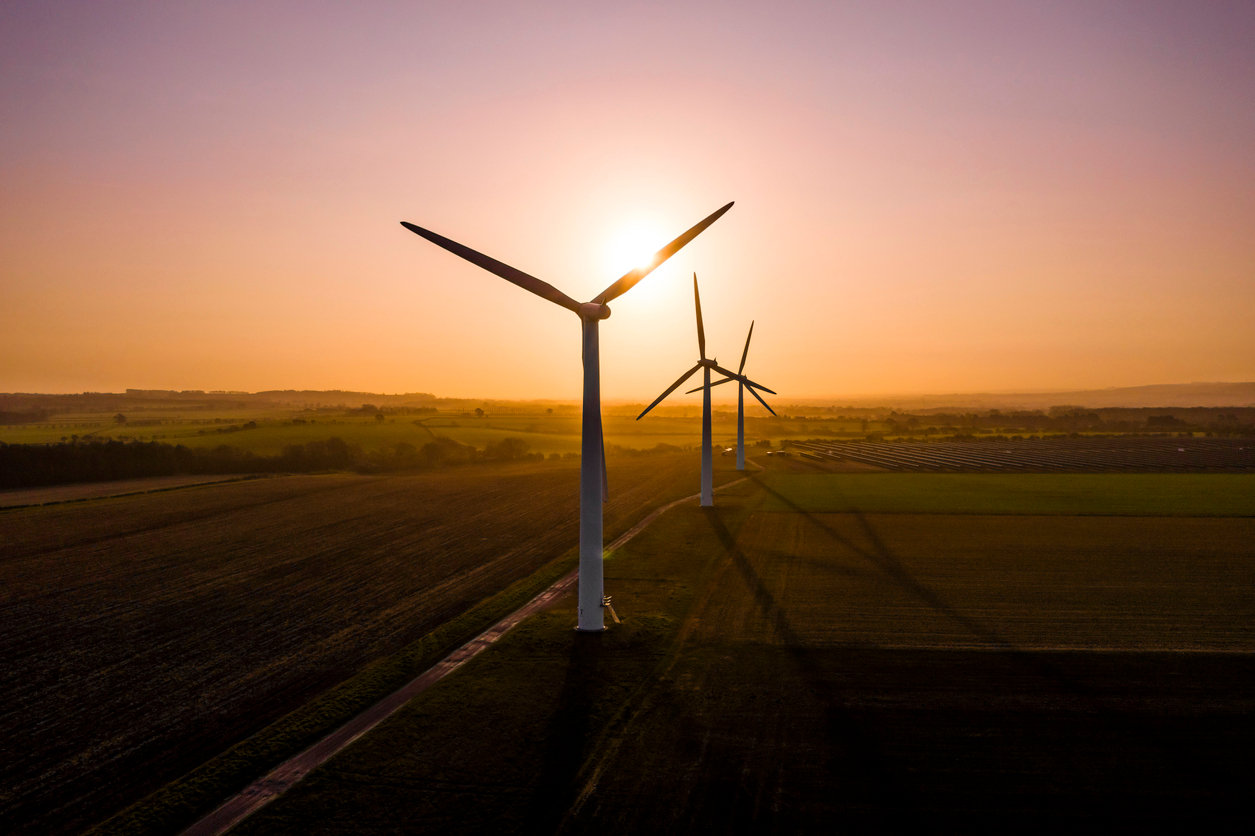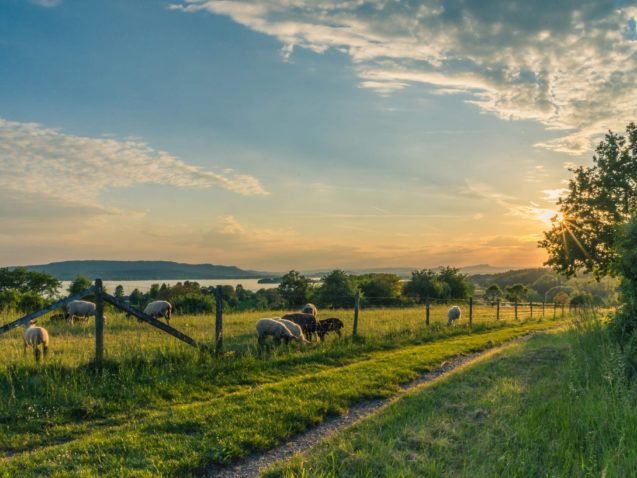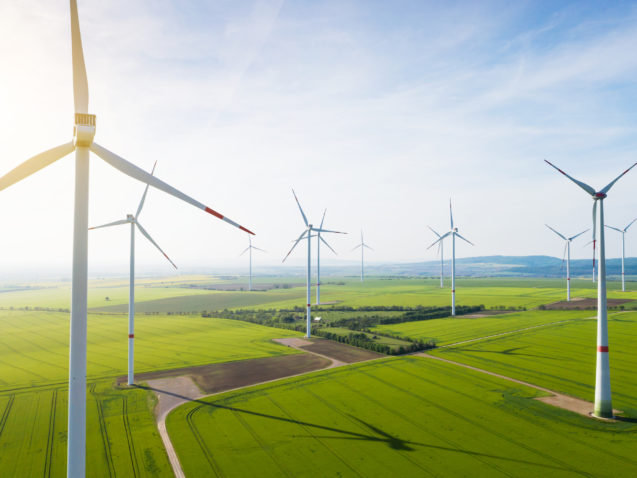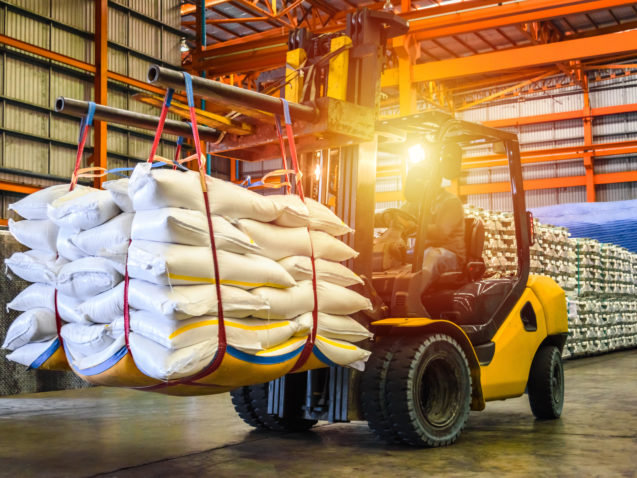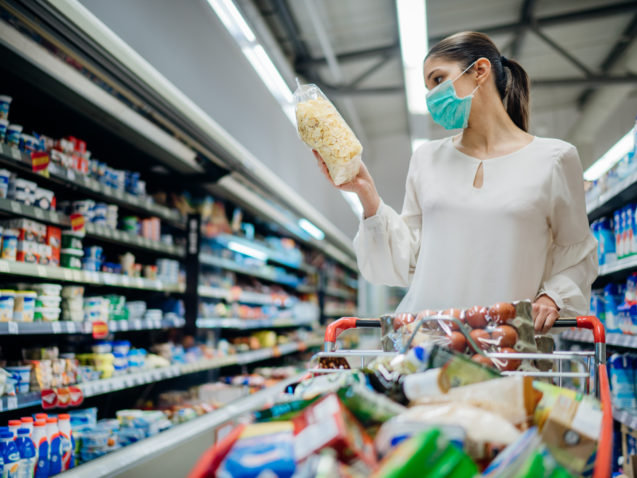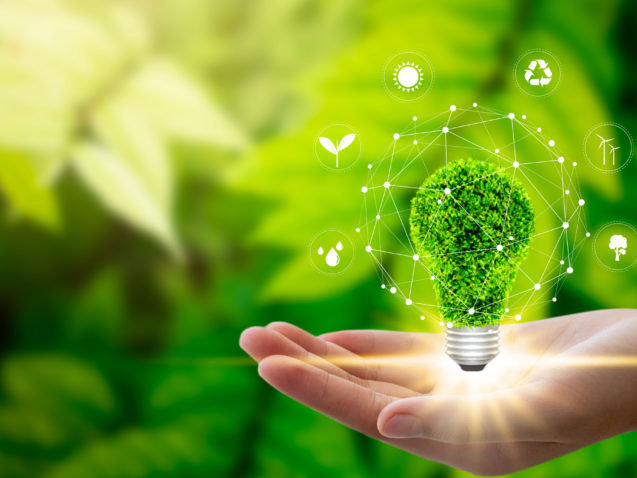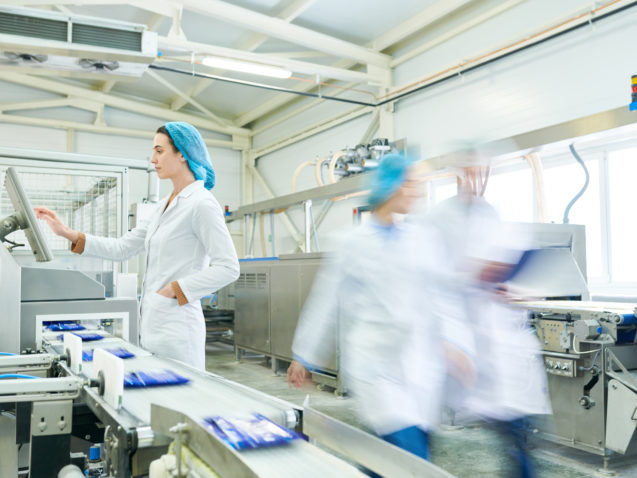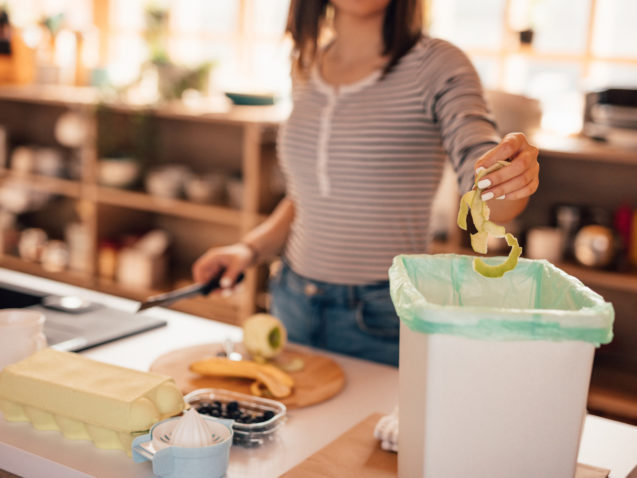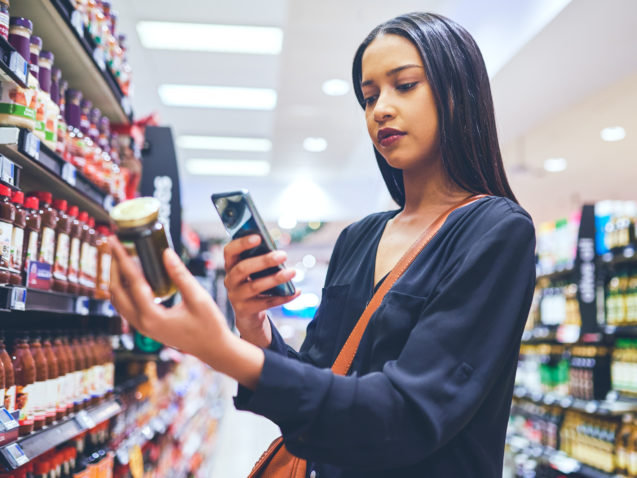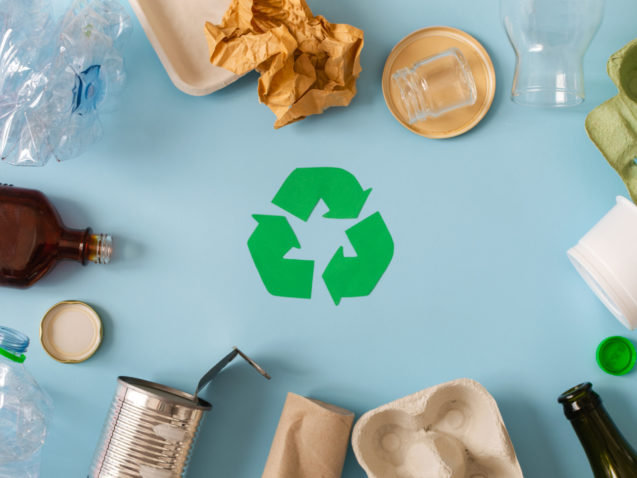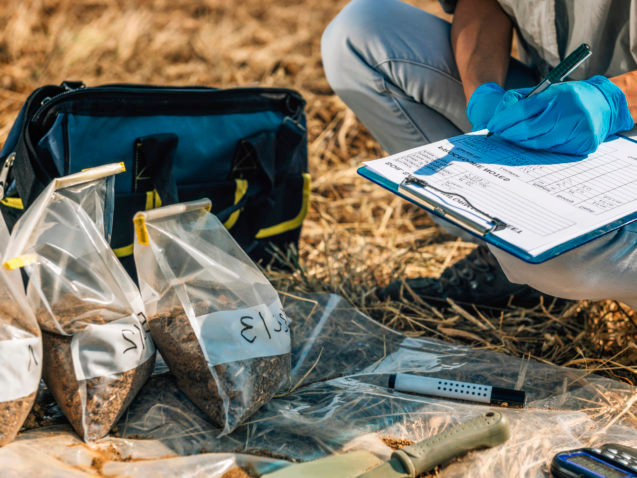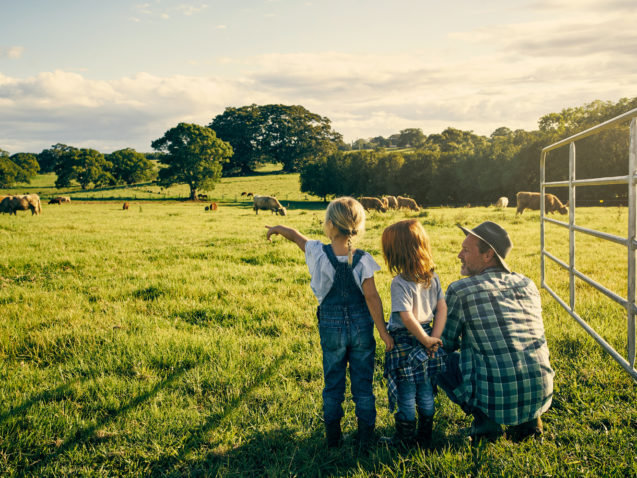Exactly one year ago Ursula von der Leyen, the European Commission President, galvanised us all when she launched the Green Deal, stating that Europe would become climate-neutral by 2050.
She said meeting the target would require action by all sectors of the economy and as the largest manufacturing sector in Europe, the food and drink industry will play a central role.
So, here’s how our members will do it:
- Further reduce energy consumption. For example, using more energy-efficient equipment, improving maintenance of heating, air conditioning and cooling systems, and improving transport and logistics.
- Use more renewable energy, particularly from wind, solar and biomass, throughout the manufacturing process.
- Prevent and reduce food waste to remove all emissions associated with growing, manufacturing and transporting the waste.
- Improve product packaging to be more sustainable. Reduce packaging where possible and promote refill, reuse and recycling, while safeguarding food safety and quality.
- Optimise water use, including through water efficient technology such as wastewater treatments.
- Work together with farmers to increase the amount of carbon stored in soils, including through land restoration, and ensure supply chains are deforestation-free and protect biodiversity.
- Engage consumers by providing products that fit a healthy and sustainable diet and greater transparency about the environmental impact of food products.
We’ve made some progress. Between 2008 and 2017, FoodDrinkEurope members reduced emissions by 12%, while increasing production value by 5% in the same period. Meanwhile, energy consumption of the food industry reduced by 20% between 2000 and 2015.
Here’s how policymakers can help our members go harder and faster:
- Talk to us. We don’t have all the answers, but we do have some, and believe the best way to meet the climate challenge is together, using the collective ingenuity of all stakeholders – government, civil society and the private sector – to ensure success.
- Support innovation. The food and drink industry must be given a policy environment that encourages investments into low-carbon technology and innovations to mitigate and adapt to climate change.
- Ensure competitiveness. The policy approach must take into account the long-term competitiveness of the European industry and the needs of small and medium sized enterprises currently badly bruised by the impact of the Covid pandemic.
- Engage consumers. We must develop a harmonised and science-based approach to give environmental information to consumers, alongside public awareness campaigns, to enable sustainable buying choices.
- Assess the impact. As new policy instruments are introduced to develop a climate neutral economy, we urge policymakers to apply thorough impact assessments to avoid unintended trade-offs on aspects such as food safety.
- Lead the world. The EU is setting the pace on climate change action and should attempt to bring other global regions with it. EU leaders should support a global carbon market to accelerate progress away from fossil fuels, while supporting the development of international standards on accounting, measurement and reporting of greenhouse gas emissions.
Exactly one year ago Ursula von der Leyen, the European Commission President, galvanised us all when she launched the Green Deal, stating that Europe would become climate-neutral by 2050.
As an industry, we are absolutely committed to helping Europe become the first climate-neutral continent by 2050, and to achieve the Paris Agreement objective to keep the global temperature increase below 2°C above 1990 levels. There is no alternative, there is no Plan B, there is no time to waste.
For more information, see our detailed paper on climate change here.


